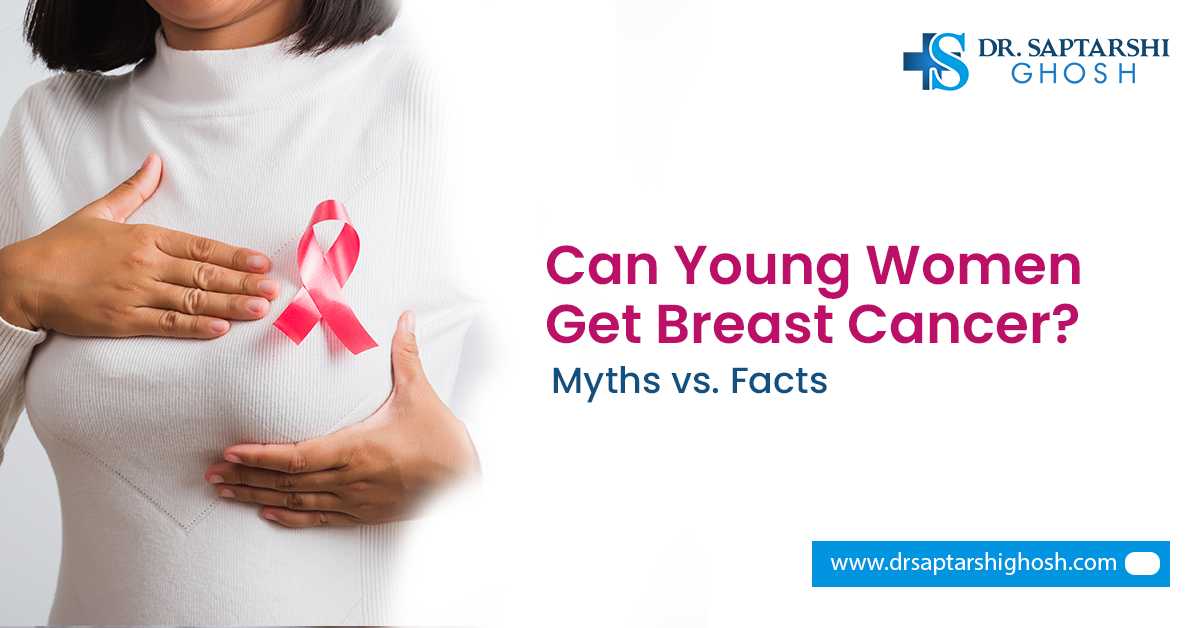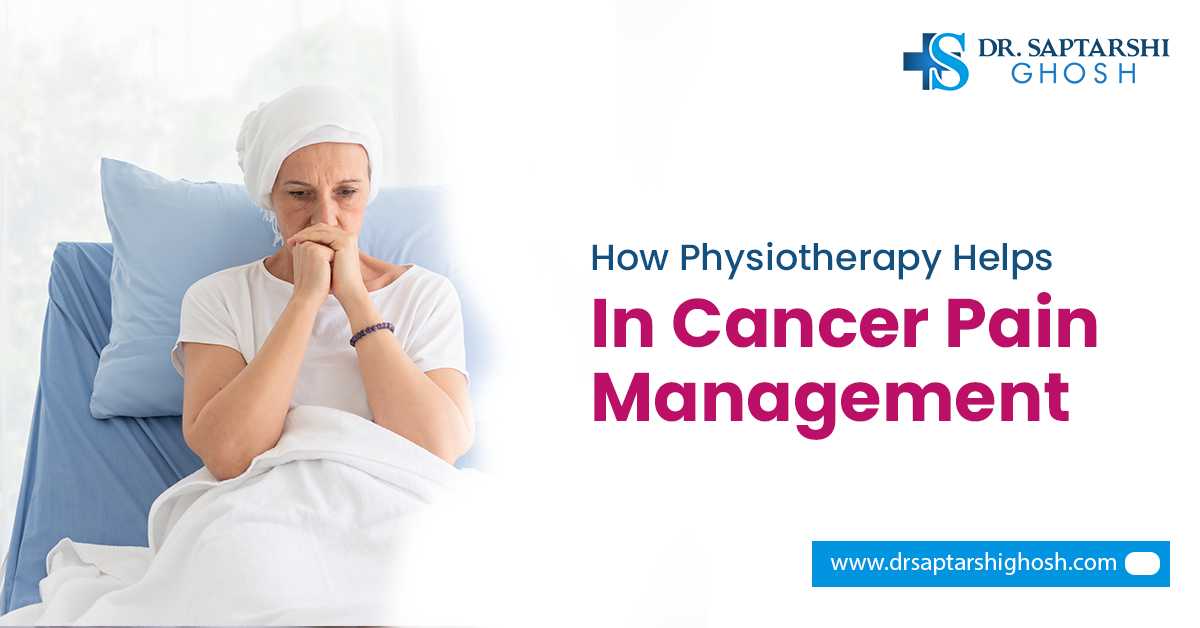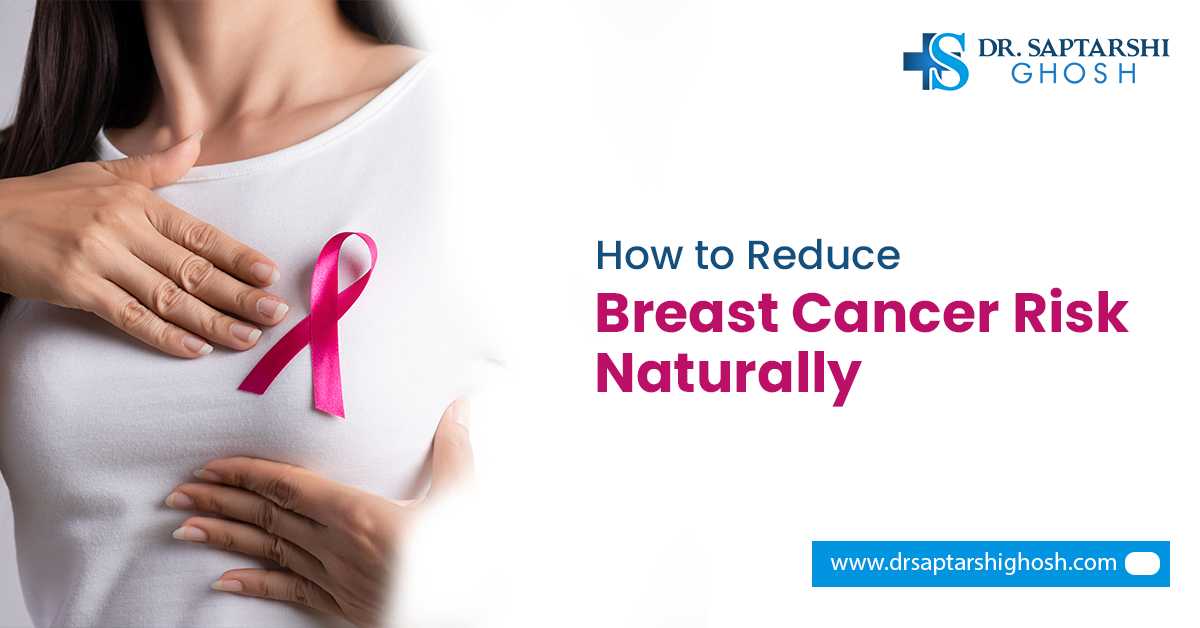Cancer is a disease that is considered one of the second leading causes of a deadly disease in the world. This develops when your body cells form into abnormal cells and destroy the normal body tissue. When cancer spread throughout your body, it forms a tumor. Early diagnosis, screening tests, proper treatment, and prevention are the best way to stop cancer.
When cancer occurs, many people experience pain such as dull, mild, moderate, achy, constant, intermittent, sharp, burning, or severe. The good news is cancer pain is 100% treatable and manageable with pain management in Siliguri. Cancer pain is caused by the disease itself.
Now, depending on the situation and types, and stages of cancer, your oncologist might recommend surgery, radiation, and chemotherapy to ease the pain. If you are currently suffering from cancer pain, ask your oncologist to get the best treatment.
Find Out The Common Symptoms Of Cancer
- Fatigue
- Hoarseness
- Skin changes
- Weight changes
- Persistent cough
- Trouble breathing
- Difficulty swallowing
- Unexplained fevers
- Discomfort after eating
- Unexplained bruising
- Persistent joint pain
- Unexplained muscle pain
- Lump under the skin
- Changes bladder habits
The pain emerges when a tumor grows press on nerves, bones, or organs, and release chemicals. There are many treatments are available to reduce your cancer pain. Pain management is one of the key treatments that particularly focus on cancer pain to get you complete relief.
How Does Pain Management Work?
Cancer pain is treatable and not every person with cancer experiences pain but half of the patients experience pain. Cancer pain is caused by tumor growths, cancer treatment-related pain, or post-operative pain.
Patients get relief when visiting the best cancer hospital in Siliguri where oncologists use a combination of medications that are used for cancer pain management. As oral medications are easy to take, thus, cancer pain medicines are taken either in pill or liquid form.
Apart from that, there are other ways to take medications such as rectal suppositories transdermal patches, and injections. Sometimes, your doctor can also ask for non-drug treatments in addition to your pain medication treatment such as:
- Breathing
- Heat or cold
- Hypnosis
- Relaxation exercises
- Imagery
- Distraction
- Biofeedback
- Transcutaneous electrical nerve stimulation (TENS)
There are some other factors that can also affect cancer pain such as fear, anxiety, depression, and a lack of sleep. Coping with cancer pain is very difficult and even challenging. Proper treatment, care, and support can be helpful to treat cancer pain.




